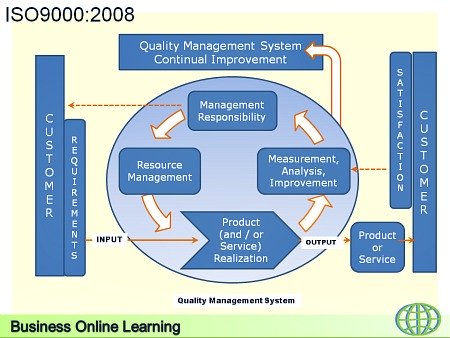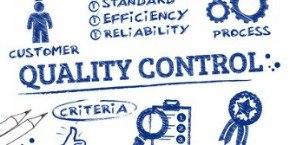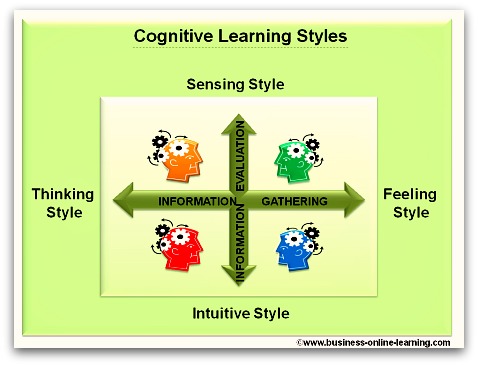Quality Management Concepts
Quality Management Concepts are not only focused on the quality of the product or service of a company, but on the means used to achieve this quality product or service.
Quality Management Gurus
Walter Shewhart (1891 – 1967)
was an American engineer, physicist and statistician who developed the Shewhart Cycle made famous by Dr W Edwards Deming as the PDCA Cycle
Plan – Do – Check – Act.
Dr W Edwards Deming (1900 – 1993)
wrote about the philosophies behind Quality, Productivity and competitive position. He formulated his 14 rules of QM which had Key Quality Management Concepts such as:
- Break down barriers between functions.
- Management should understand their responsibilities and act as leaders.
- Supervisors should take on supportive roles, ensuring that manpower, machines and materials were put to effective and optimal use.
- Continuous Improvement of the systems behind the production or service
- That Education and self-improvement of staff played a key role in the success of a company.
Joseph M.Juran (104 – 2008)
Juran re-discovered Pareto and the concept of the 80:20 rule. He is widely known for his beliefs in highlighting the Human Element to Quality Mangement Concepts. He pushed the topics of Education and in-house training. He also preached on the topics of:
Supplier Integration
Cost of poor quality.
ISO9000 Principles
In the Quality Standard, ISO9000 there are eight principles of Quality Management
- Customer Focus (Determine the needs and expectations of customers and other interested)
- Leadership (Establish policies, objectives and a work environment necessary to motivate the organisation to satisfy these needs)
- Improvement of People (Maintain a focus on training and self-improvement of the employees)
- Process Approach (Design, resource and manage a system of interconnected processes necessary to implement the policy and attain the objectives)
- System Approach to Management (Systematically address the survival of Quality management with the organisation)
- Continual Improvement (The Organisation shall pursue the continual improvement of the system from an objective evaluation of its performance)
- Factual Approach to Decision-Making (The Organisation shall Measure and analyse the adequacy, efficiency and effectiveness of each process in fulfilling its purpose and objectives)
- Mutually beneficial Supplier Relationships (Forge supportive and knowledgeable interfaces to the Suppliers to the organisation)
Further Quality Management Concepts
- ISO9004:2008 provides guidelines for performance Improvement
- QFD; Quality Function Deployment
- Quality Circles
- TQM: Total Quality Management
- Shewharts Cycle or PDCA cycle
- The Kaizen approach to continual Improvement. (In Japanese “Change for the better”)
- Six Sigma Approach and DMAIC Process of Improving a situation
- Zero Defects Program as originally created by the NEC Corporation in Japan.
- Poke Yoke or the mistake-proofing of a situation.
Go To Top of Quality Management Concepts Page














 My name is Martha and I have worked for over 30 years in various aspects of business and in various countries, right around the world.
My name is Martha and I have worked for over 30 years in various aspects of business and in various countries, right around the world.